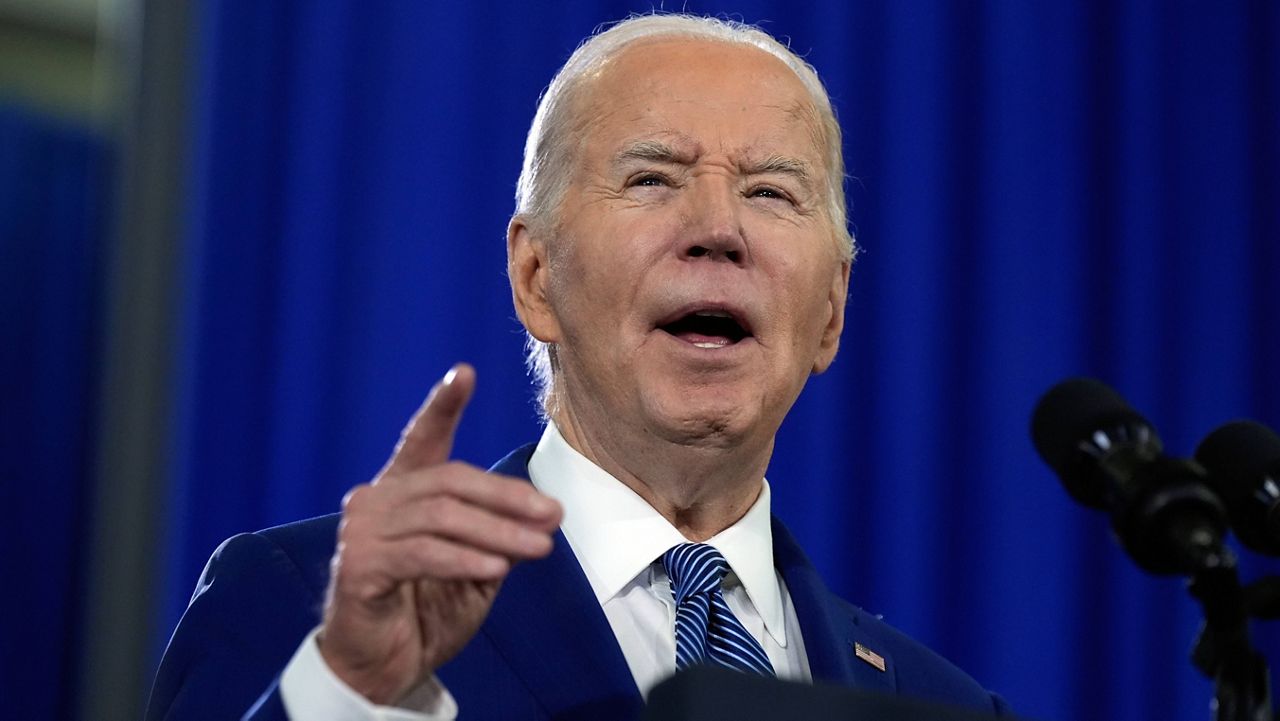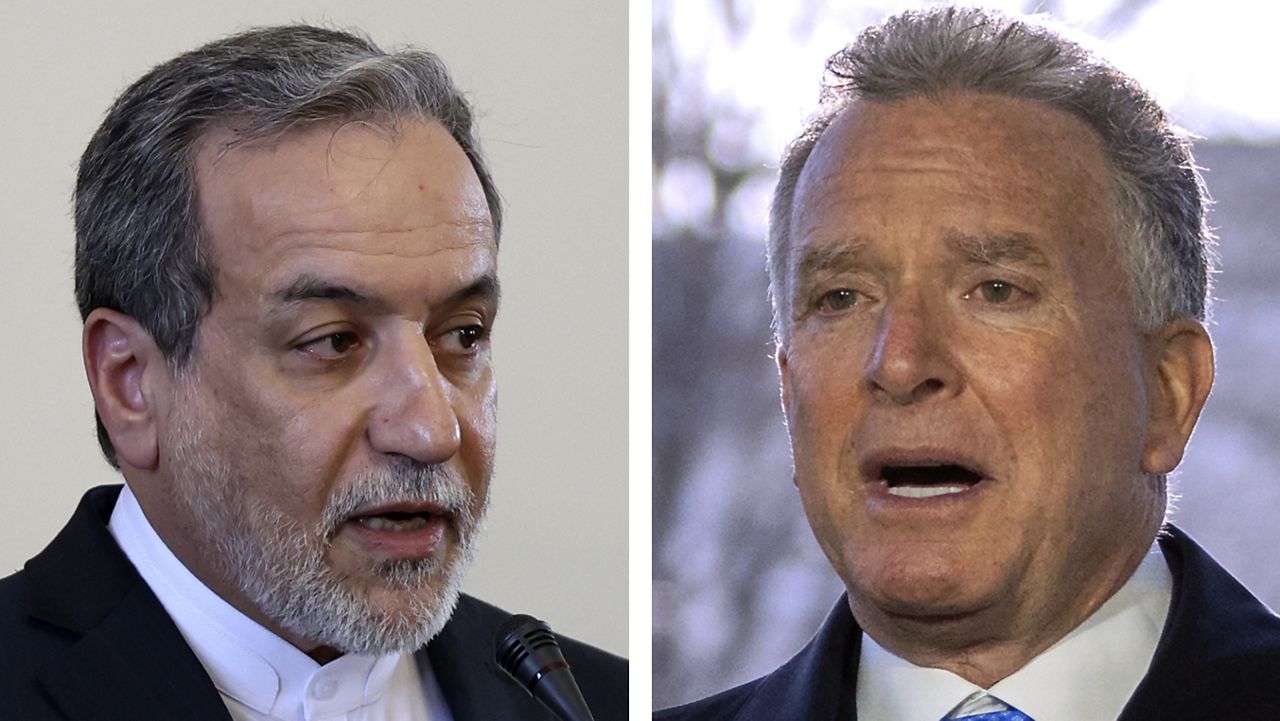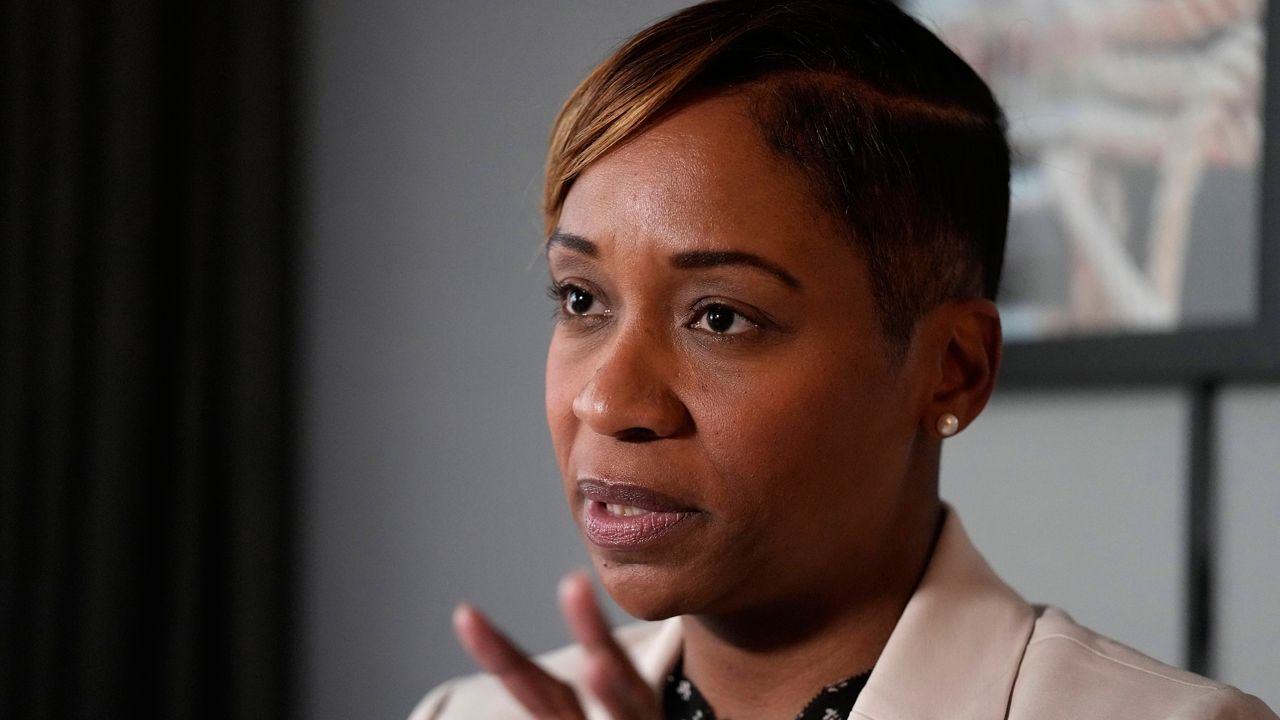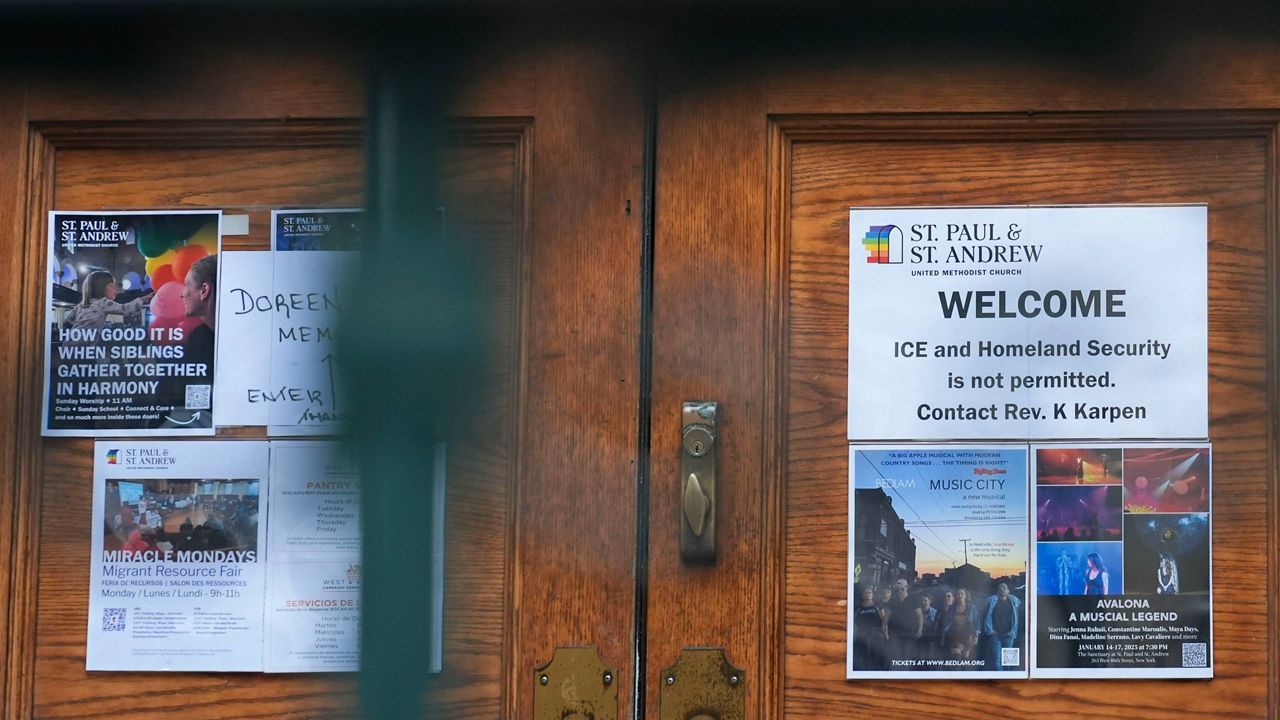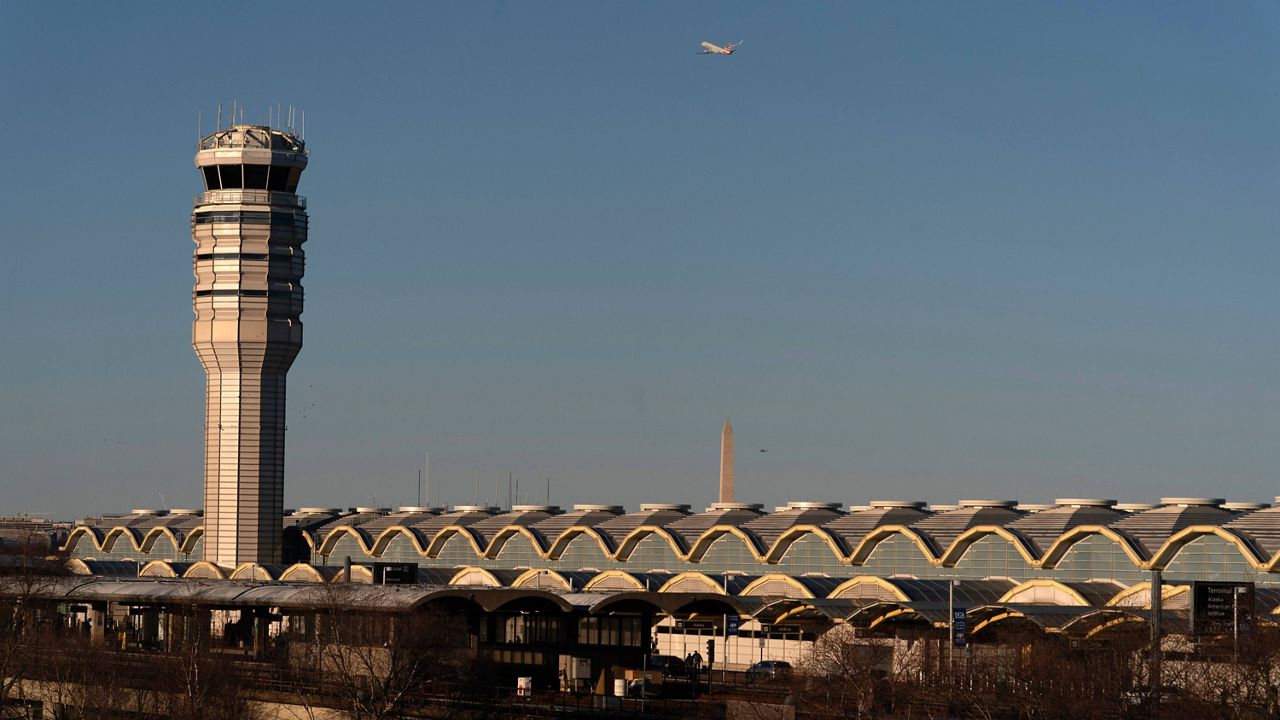President Joe Biden announced Wednesday he is pardoning 11 people and reducing the prison sentences of five others who were convicted of nonviolent drug offenses.
What You Need To Know
- President Joe Biden announced Wednesday he is pardoning 11 people and reducing the prison sentences of five others who were convicted of nonviolent drug offenses
- Most of those granted clemency would have received significantly shorter punishments under current sentencing practices, the White House said
- The announcement coincides with Second Chance Month, started by the Prison Fellowship in 2017. Second Chance Month aims to raise awareness and create second chances for Americans with criminal records
- Since leaving prison, many of those pardoned Wednesday have established careers and volunteered with churches and other organizations
Most of those granted clemency would have received significantly shorter punishments under current sentencing practices, the White House said.
The announcement coincides with Second Chance Month, started by the Prison Fellowship in 2017. Second Chance Month aims to raise awareness and create second chances for Americans with criminal records.
“America is a Nation founded on the promise of second chances,” President Joe Biden said in a statement. “During Second Chance Month, we reaffirm our commitment to rehabilitation and reentry for people returning to their communities post incarceration. We also recommit to building a criminal justice system that lives up to those ideals and ensures that everyone receives equal justice under law.”
Since leaving prison, many of those pardoned Wednesday have established careers and volunteered with churches and other organizations.
For example, Jason Hernandez, 47, of McKinney, Texas, was convicted of several nonviolent drug offenses as a juvenile. He has converted a store that he used to sell drugs in front of into a nonprofit market that sells good quality, affordable food.
After serving her sentence for a nonviolent drug crime at age 18, Katrina Polk, 54, of Washington, D.C., went on to earn a doctorate in public policy and administration. She regularly engages in community service and is a respected advocate for the elderly.
And Glenn Ray Royal, 49, of San Antonio, who spent time in prison for a drug offense at age 20, has received two degrees in information technology. He also serves as a mentor and coach for college students, helping them develop business plans, marketing plans and websites.
Among those whose sentences have been commuted are Daequon Charles Davis, of Johnson City, Tennessee, whose punishment was cut from 21 years, 10 months in prison to 10 years. Convicted of conspiracy to distribute or possess with intent to distribute cocaine, Davis is scheduled to be released in 2027.
Jophaney Hyppolite, of Miami, had his life sentence for conspiracy to manufacture and distribute cocaine base, commuted to 30 years, ending 2043.
Margaret Ann Vandyke, of Ellenville, New York, will be released later this year after her five-year sentence for possession with intent to distribute crack cocaine was cut in half.
“Like my other clemency actions, these pardons and commutations reflect my overarching commitment to addressing racial disparities and improving public safety,” Biden said. “While today’s announcement marks important and continued progress, my Administration will continue to review clemency petitions and deliver reforms in a manner that advances equal justice, supports rehabilitation and reentry, and provides meaningful second chances.”




